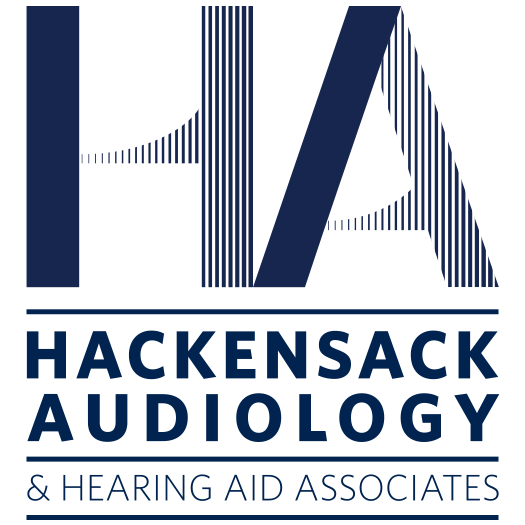From decreased mobility and reduced income to social withdrawal and cognitive decline, hearing loss is proven to have the ability to negatively affect your physical, mental and financial health. Research continues to link untreated hearing impairment to a growing number of problems including dementia, which better hearing health could help prevent.
More than 47 million people across the globe are living with dementia, according to the World Health Organization, with cases expected to more than triple by 2050. The syndrome, most commonly manifested as Alzheimer’s disease, has a wide range of causes and symptoms, creating challenges not only for dementia sufferers but for their loved ones. Amid increasing reports pointing to connections between hearing loss and cognitive decline, researchers in yet another study have found greater prevalence of dementia among people with hearing impairment than those without it.
In a University of Utah longitudinal cohort study of more than 4,400 older adults, otolaryngologist and professor Dr. Richard Gurgel and his team found that subjects with hearing loss developed dementia at a higher rate than their normal-hearing counterparts. The study, published in 2014, also suggested the following:
- People with hearing loss can experience earlier onset of cognitive decline.
- People with hearing loss can experience greater severity of cognitive decline.
- Hearing loss may be a marker for cognitive decline among people 65 and older.
Johns Hopkins and National Institute on Aging researchers, for example, sought to discover whether hearing loss might be one of the mechanisms responsible for dementia. In a prospective study of 639 people ages 36 to 90, the risk of “incident dementia” — defined as dementia that develops over the course of the study — for those with hearing loss was cleanly established during a follow-up period that lasted nearly 12 years.
Researchers found:
- Those with mild hearing loss were nearly twice as likely to develop dementia.
- Those with moderate hearing loss were three times as likely to develop dementia.
- Those with severe hearing loss were nearly five times as likely to develop dementia.
These linear increases indicate that hearing loss plays a role in the development of dementia and is independently associated with cases of incident dementia.
The association remained the same after adjusting for other factors known to be associated with hearing loss, including diabetes and smoking. In general, participants with more impactful hearing loss were more likely to be older, to be male, and to have high blood pressure.
It’s currently unclear exactly how hearing loss contributes to development of dementia — cause and effect are inconclusive — but research supports early hearing-care intervention for reduced risk of cognitive decline and better overall health.
We want to help you live the happiest and healthiest life you can through better hearing. The sooner you act the sooner we can help. Contact us today to request a consultation appointment.
- World Health Organization. 10 Facts on Dementia. http://www.who.int/features/factfiles/dementia/en/. Accessed June 1, 2016.
- Gurgel RK et al. Relationship of Hearing Loss and Dementia: A Prospective, Population-Based Study. Otology & Neurotology: official publication of the American Otological Society, American Neurotology Society [and] European Academy of Otology and Neurotology 35.5 (2014): 775–781. Accessed June 1, 2016, at http://www.ncbi.nlm.nih.gov/pmc/articles/PMC4024067/.
- Lin F et al. Hearing Loss and Incident Dementia. Arch Neurol. 2011;68(2):214-220. doi:10.1001/ archneurol.2010.362. Accessed June 1, 2016, at http://archneur.jamanetwork.com/article. aspx articleid=802291.


